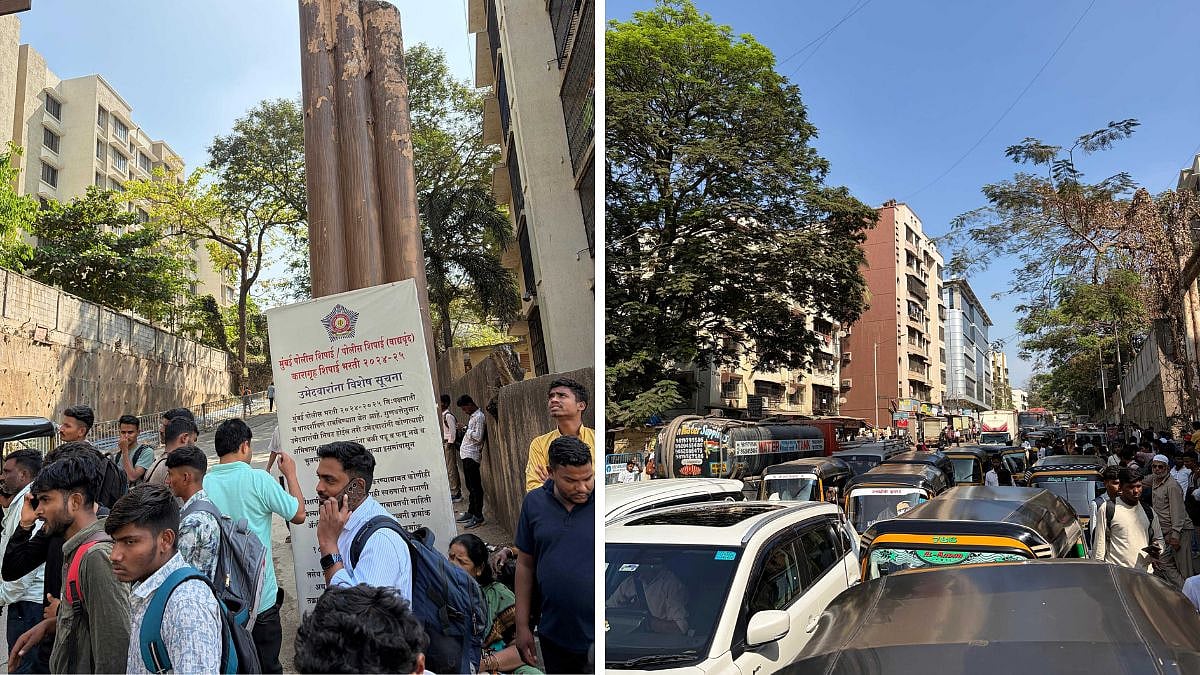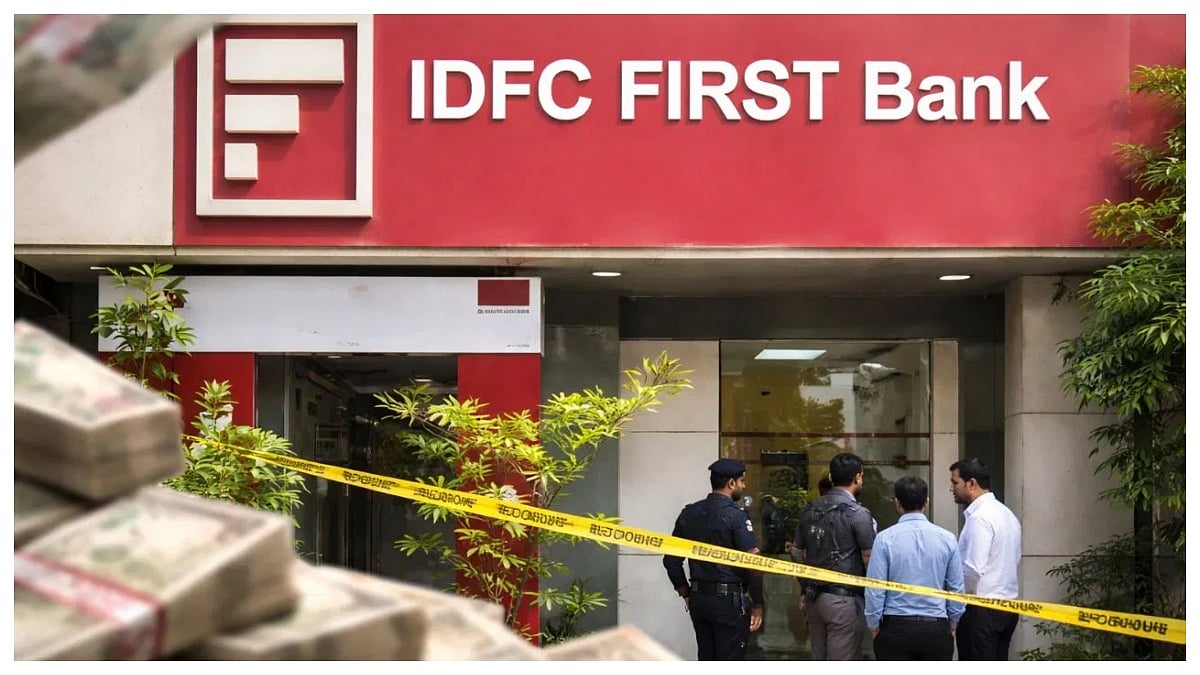As the world governments begin another round of negotiations at the 28th Conference of Parties (COP 28) for the United Nations Framework Convention on Climate Change (UNFCCC) in Dubai, UAE, between November 30 and December 12, 2023, it is important to acknowledge that life on Earth has entered uncharted territory and is possibly experiencing the warmest temperature on the planet in the past 100,000 years.
Soaring temperature
Global daily mean temperatures that have never exceeded 1.5°C above pre-industrial levels before 2000 did so repeatedly this year, and finally breached the 2°C threshold last week, twice — first on November 17 and then again on November 18, 2023. The breach was temporary, but the rapid pace of change has shocked scientists and caught governments unprepared even as extreme weather events, from heatwaves to floods, droughts and forest fires, wreak havoc around the globe.
The extreme changes to the climate that the world is experiencing today are a result of the historical cumulative global greenhouse gas (GHG) emissions of the rich and developed countries, who have repeatedly reneged on their promises and pledges made at COPs to curtail their fossil fuel emissions, to deliver climate finance, to help developing countries cope with climate impacts and transition to low carbon economies.
Greenhouse gas emissions
Meanwhile, greenhouse gas emissions continue to rise and have increased by 1.2% from 2021 to 2022, setting a new record of 57.4 gigatonnes of carbon dioxide equivalent (GtCO2e). A recent UNEP report notes that governments are currently planning to produce more than double the amount of fossil fuels in 2030 than would be possible in a pathway consistent with limiting warming to well below 2°C.
And it’s not just governments that are to blame. The Great Carbon Divide, a new Oxfam report, has found that the richest 1% of humanity is responsible for more carbon emissions than the poorest 66%. This elite group, made up of 77 million people including billionaires, millionaires and those paid more than US$140,000 (Rs.11,665,454) a year, accounted for 16% of all CO2 emissions in 2019 — enough to cause more than a million excess deaths due to heat. Over the period from 1990 to 2019, the accumulated emissions of 1% were equivalent to wiping out last year’s harvests of EU corn, US wheat, Bangladeshi rice and Chinese soya beans. The report finds that it would take about 1,500 years for someone in the bottom 99% to produce as much carbon as the richest billionaires do in a year.
Increasing scepticism about ability of UN-led climate jamborees
There has been increasing scepticism about the ability of the UN-led climate jamborees to deliver on its agenda, which has snowballed into a massive controversy this year as COP28 is headed by Sultan Al Jaber, CEO of a fossil fuel company. After all, from the Kyoto Protocol to the Paris Agreement, there is a long history of concerted efforts by rich countries, and corporations, especially the fossil fuel-producing nations and oil and gas companies, to delay and derail any actions on emission reduction.
For instance, the biggest climate villain, opposer of equity, blocker of negotiations and a laggard in climate action is the USA, which accounts for 4% of the current world population, but has contributed 17% of global warming from 1850 to 2021. India, by contrast, accounts for 18% of the world population, has contributed only 5% of warming and is yet miles and gigawatts ahead of the USA in its climate commitments.
The truth is that the ferocity of climate events in 2023 cannot be ignored, the clamour for climate justice by frontline communities cannot be disregarded, and the lack of climate action by a few rich countries cannot be overlooked.
COP 28
COP 28 has to go beyond ensuring the delivery of its procedural remit, i.e. Global Stocktake of where countries are at with their Paris Agreement commitments, adopting a framework for the Global Goal on Adaptation, defining a New Collective Quantified Goal and operationalising the Loss and Damage Fund.
However, the success of COP28 under Sultan Al Jaber will not be measured by its procedural outcomes, but on whether he can deliver on two key issues — drastic reduction in emission reduction by phasing out fossil fuels as demanded by 80 countries at COP27 and more importantly ensuring the delivery of adequate and timely climate finance, the great enabler of climate action.
The question on everyone’s mind ahead of COP28 is can Sultan Al Jaber get the richest individuals, countries and corporations to bring an end to the twin crises of climate breakdown and inequality? The answer is most likely no, but he can certainly start by adding a few billion USD into the Loss and Damage funding facility to help the poor nations and vulnerable people cope with the unfolding climate disasters.
Shailendra Yashwant is an independent environmental photojournalist and climate communications consultant. He tweets at @shaibaba





